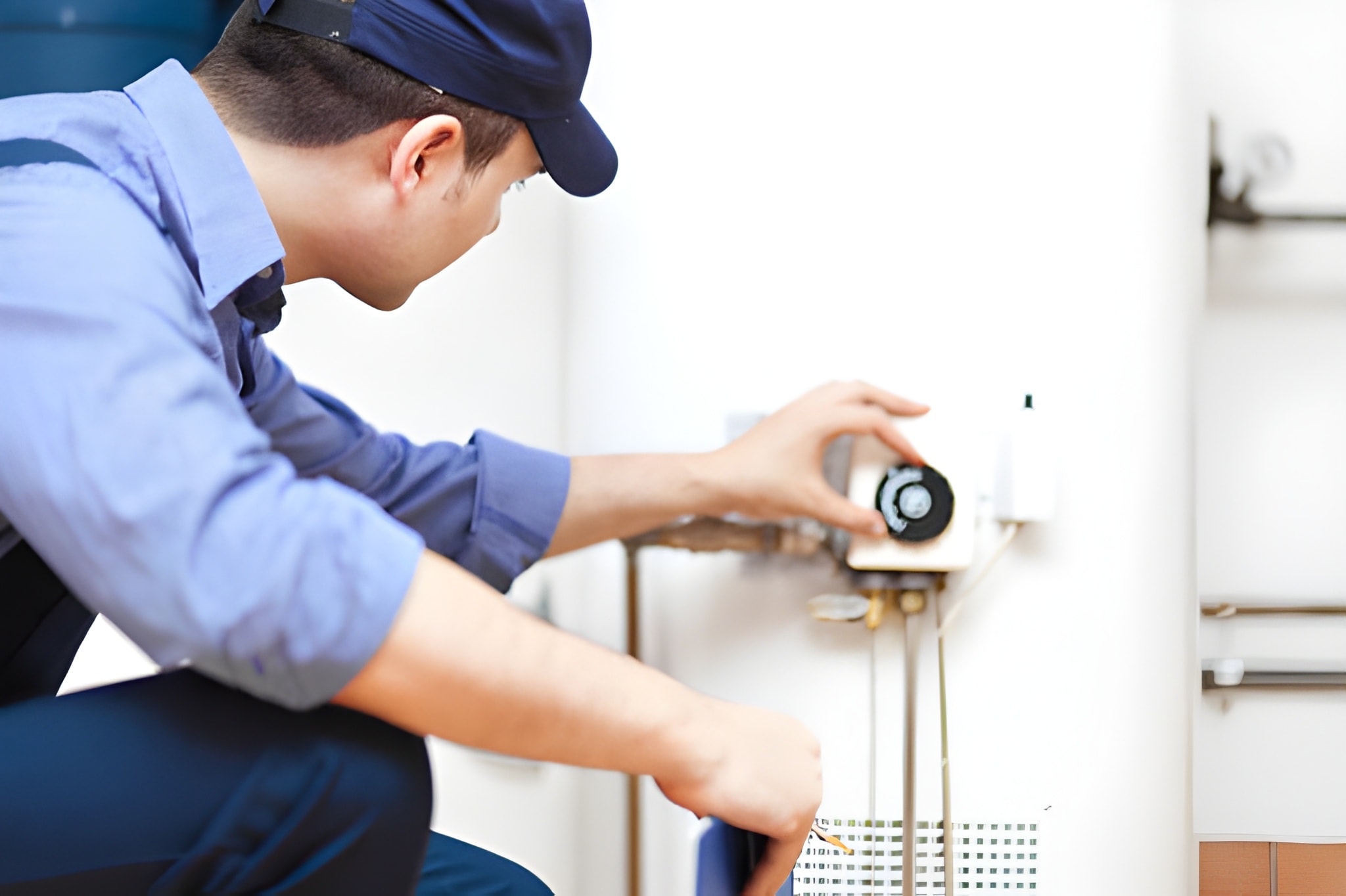Heating Tune-Up in Lake Stevens, WA
Heating Tune-Up in Lake Stevens, WA
Preparing your heating system for the cold, damp winters around Lake Stevens, WA is more than comfort management — it is prevention, safety, and cost control. A professional heating tune-up identifies worn parts, restores safe combustion, optimizes airflow, and calibrates controls so your furnace, boiler, or heat pump runs reliably and efficiently when you need it most. Homeowners in Lake Stevens face cool, wet winters and occasional cold snaps; that climate makes pre-season maintenance especially important to prevent corrosion, inefficient operation, and midseason breakdowns.
Common heating tune-up issues in Lake Stevens homes
- Dirty or clogged air filters restricting airflow and forcing systems to work harder.
- Miscalibrated thermostats or smart control settings producing uneven temperatures.
- Ignition and pilot problems on gas furnaces leading to delayed starts or no heat.
- Fuel combustion inefficiency or cracked heat exchangers that create safety risks.
- Reduced efficiency and heat output on older units from soiling, worn components, or refrigerant issues (for heat pumps).
- Duct leaks, poor sealing, or unbalanced registers causing cold spots and higher bills.
- Corrosion and condensation-related wear from the region's higher humidity and lake-influenced air.
What a full heating tune-up includes
A thorough tune-up is diagnostic plus targeted adjustments. Typical checks and services include:
- Safety controls inspection
- Verify operational safety switches, flame sensors, limit controls, and pressure switches.
- Check venting and flue integrity to ensure combustion byproducts exhaust safely.
- Combustion analysis and carbon monoxide assessment
- Measure combustion efficiency and test for carbon monoxide levels at the appliance and in living spaces.
- Inspect the heat exchanger for fissures or corrosion that could allow CO leakage.
- Ignition, burner, and fuel system checks
- Clean burners, verify proper flame shape and color, and confirm secure gas or fuel connections.
- Inspect and test electronic ignition systems and pilot assemblies.
- Thermostat calibration and control verification
- Calibrate thermostat temperature readings, confirm wiring and programming, and validate communication with zone controls or smart thermostats.
- Airflow optimization
- Replace or recommend the correct air filter type and size.
- Inspect and lubricate blower motors and bearings, measure static pressure, and verify proper blower speed and fan operation.
- Evaluate ductwork for leaks, insulation issues, and register balance.
- Electrical and safety maintenance
- Tighten electrical connections, inspect capacitors and contactors where applicable, and verify safe control voltages.
- Test limit switches, pressure switches, and roll-out sensors.
- Heat pump and hybrid system specific checks (if applicable)
- Inspect outdoor unit coils, check refrigerant charge, test reversing valve and defrost cycle, and ensure proper drainage of condensate lines.
- System performance test and documentation
- Run the system through a full cycle, record operating temperatures, supply and return differentials, and provide a summary of findings and recommended actions.
What to expect during a tune-up visit
- Arrival by a licensed HVAC technician with the tools and testing equipment to perform combustion analysis, airflow measurement, and electrical checks.
- A step-by-step inspection including safety testing first, then performance adjustments.
- Clear communication about any immediate safety issues, recommended repairs, and expected improvements in efficiency and reliability.
- A written summary of work performed and suggested follow-up items such as filter replacement intervals, duct sealing, or component replacements.
Performance improvements and benefits
After a comprehensive tune-up you can expect:
- Improved fuel efficiency and lower monthly heating costs; many systems see measurable gains in efficiency (commonly in the 5 to 20 percent range depending on prior condition).
- More consistent indoor comfort with fewer cold spots and faster recovery times.
- Reduced risk of midwinter breakdowns because wear items are identified and corrected proactively.
- Safer operation through verified combustion performance and carbon monoxide testing.
- Extended equipment life by reducing strain on components and avoiding premature failures.
- Preserved manufacturer warranties when routine maintenance is documented as required.
Timing and frequency recommendations for Lake Stevens
- Schedule your heating tune-up in early fall, ideally September or October, before the first prolonged cold period. This timing is especially important in Lake Stevens where damp conditions can accelerate corrosion and operational issues.
- Furnaces and boilers: at least once annually, performed before heating season.
- Heat pumps and hybrid systems: recommend checkups in both fall and spring because they operate year-round and benefit from season-specific adjustments.
- Older systems or homes with known duct issues may need more frequent inspections or inclusion in a bi-annual maintenance plan.
Common repairs and replacements identified during tune-ups
- Dirty or failed flame sensors and igniters.
- Worn belts, bearings, or failing blower motors.
- Cracked heat exchangers or damaged flue components requiring immediate attention.
- Duct leaks and poorly sealed registers that warrant sealing or insulation.
- Low refrigerant in heat pumps indicating a leak and requiring repair and recharge.
- Failing thermostats or control board problems that affect system responsiveness.
Maintenance plans and warranty considerations
Many manufacturers require documented routine maintenance to keep warranties valid. Enrolling your heating system in a regular maintenance program ensures recommended checks occur on schedule, provides a consistent service history, and helps prioritize seasonal inspections tailored to Lake Stevens climate impacts, such as moisture control and corrosion prevention.
Final considerations
A professional heating tune-up is an investment in safety, reliability, and efficiency. For Lake Stevens homes, seasonal maintenance addresses local climate challenges like damp winters and humidity-related wear. When done before the heating season, tune-ups reduce emergency repairs, improve comfort, and help your heating equipment run at peak performance throughout the cold months.

Customer Testimonials
Service Areas



